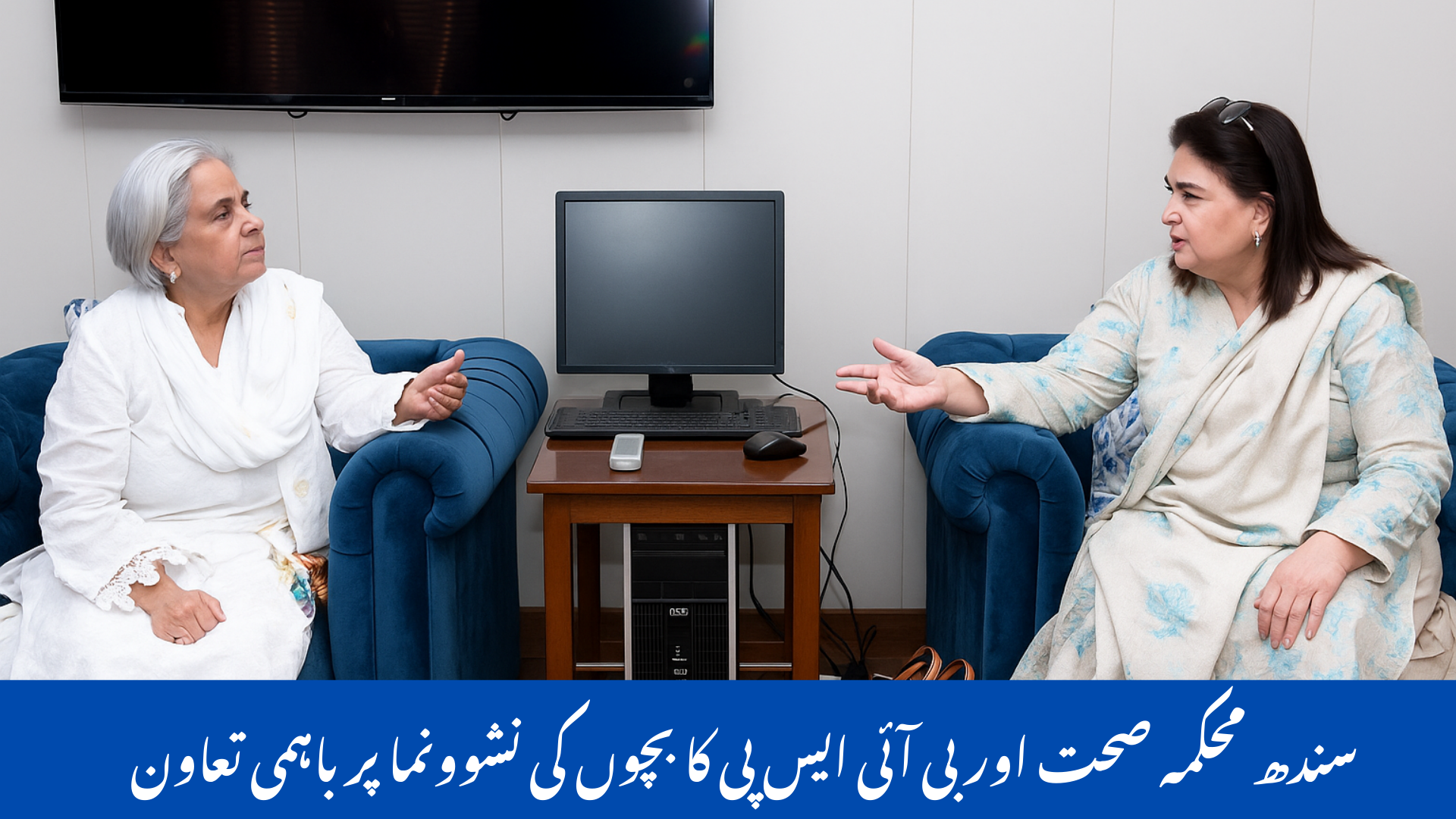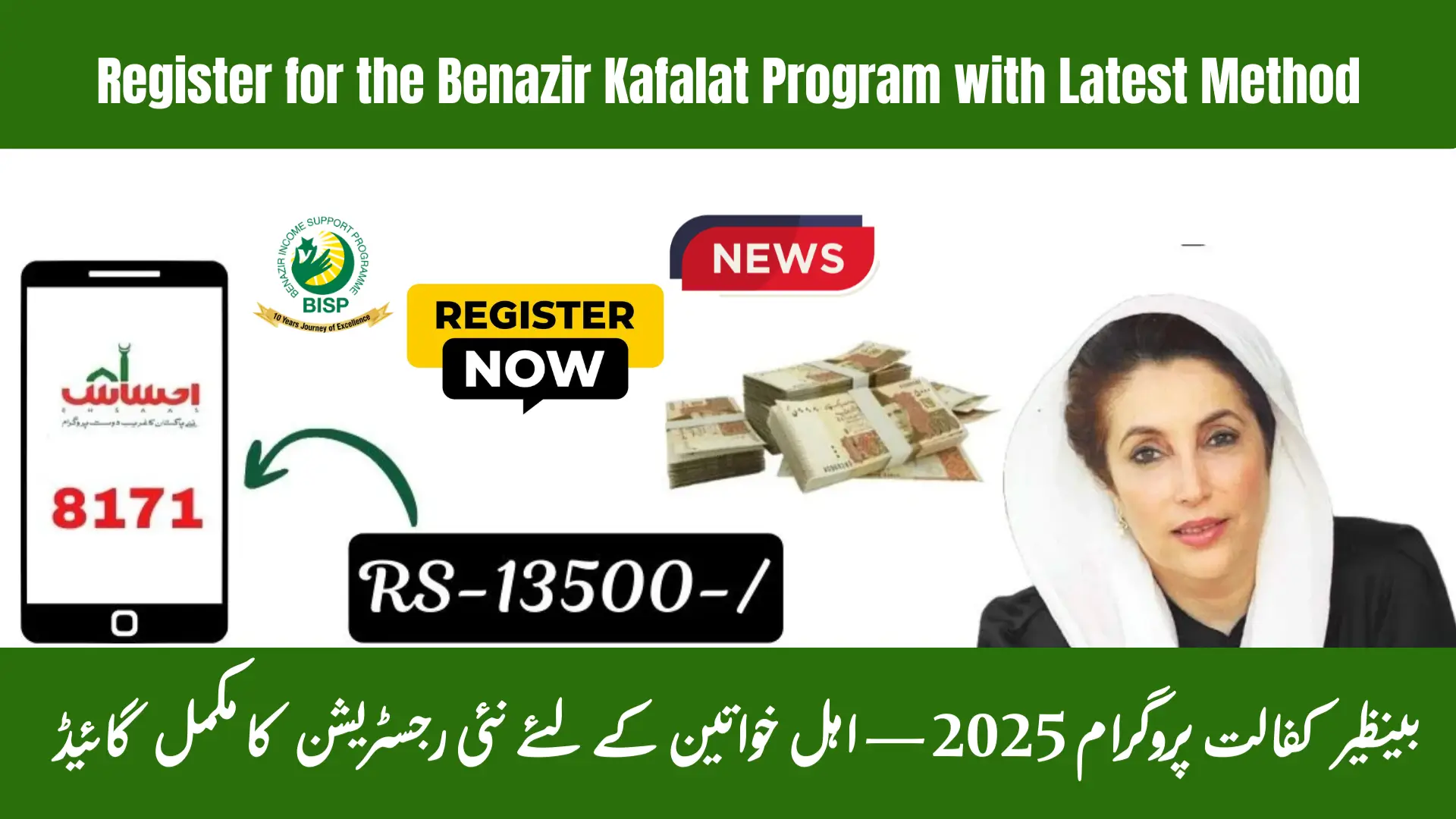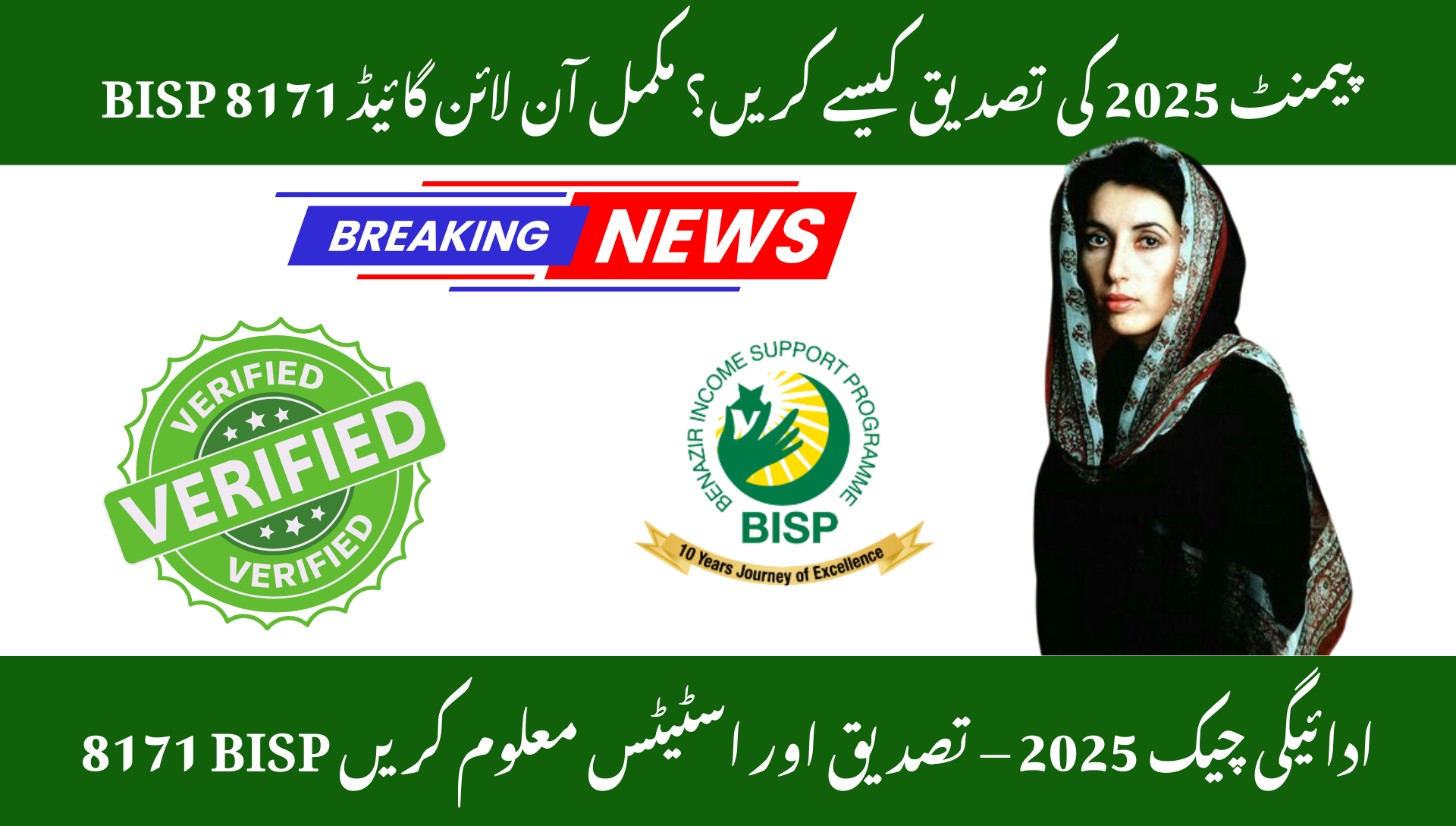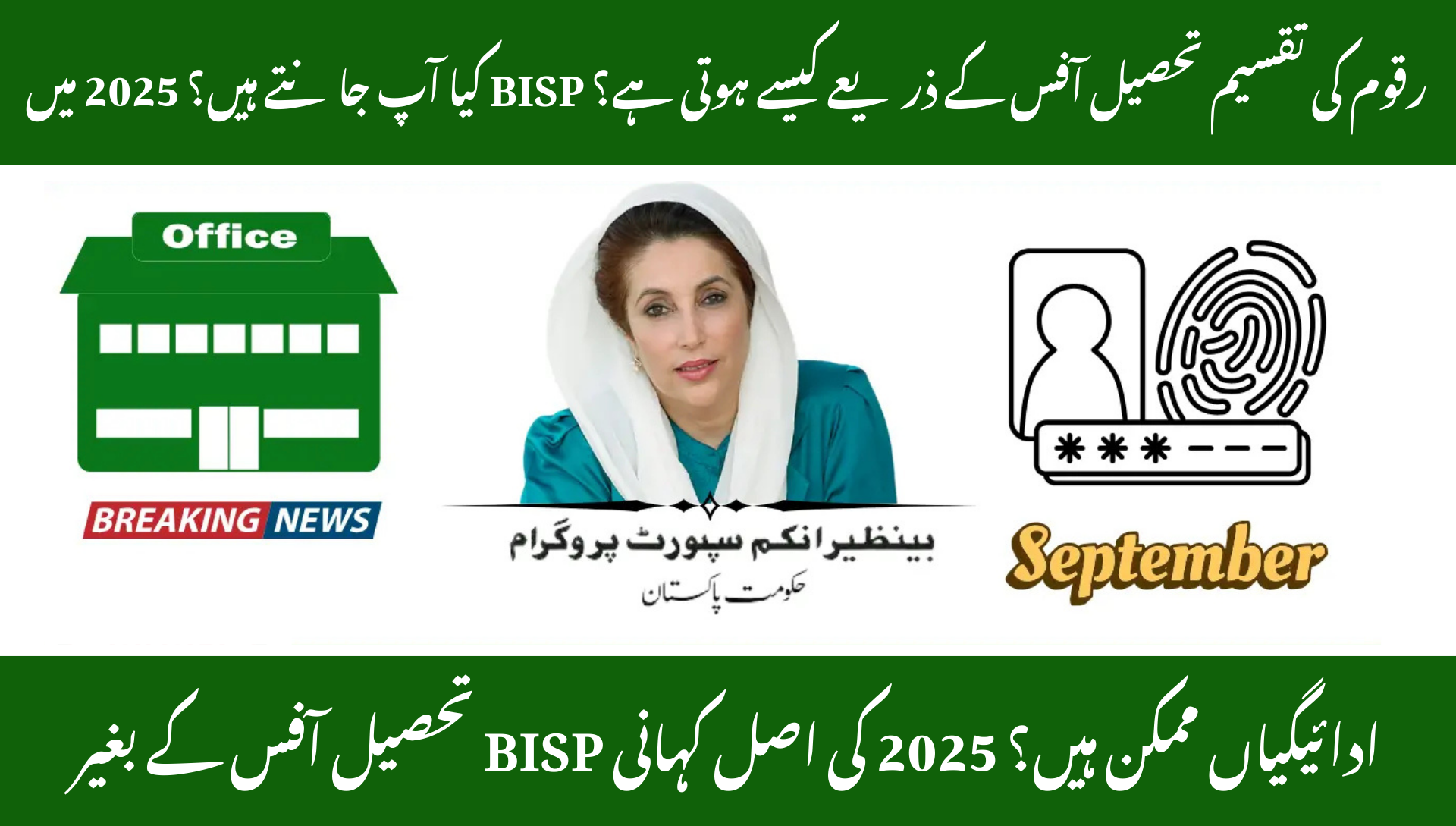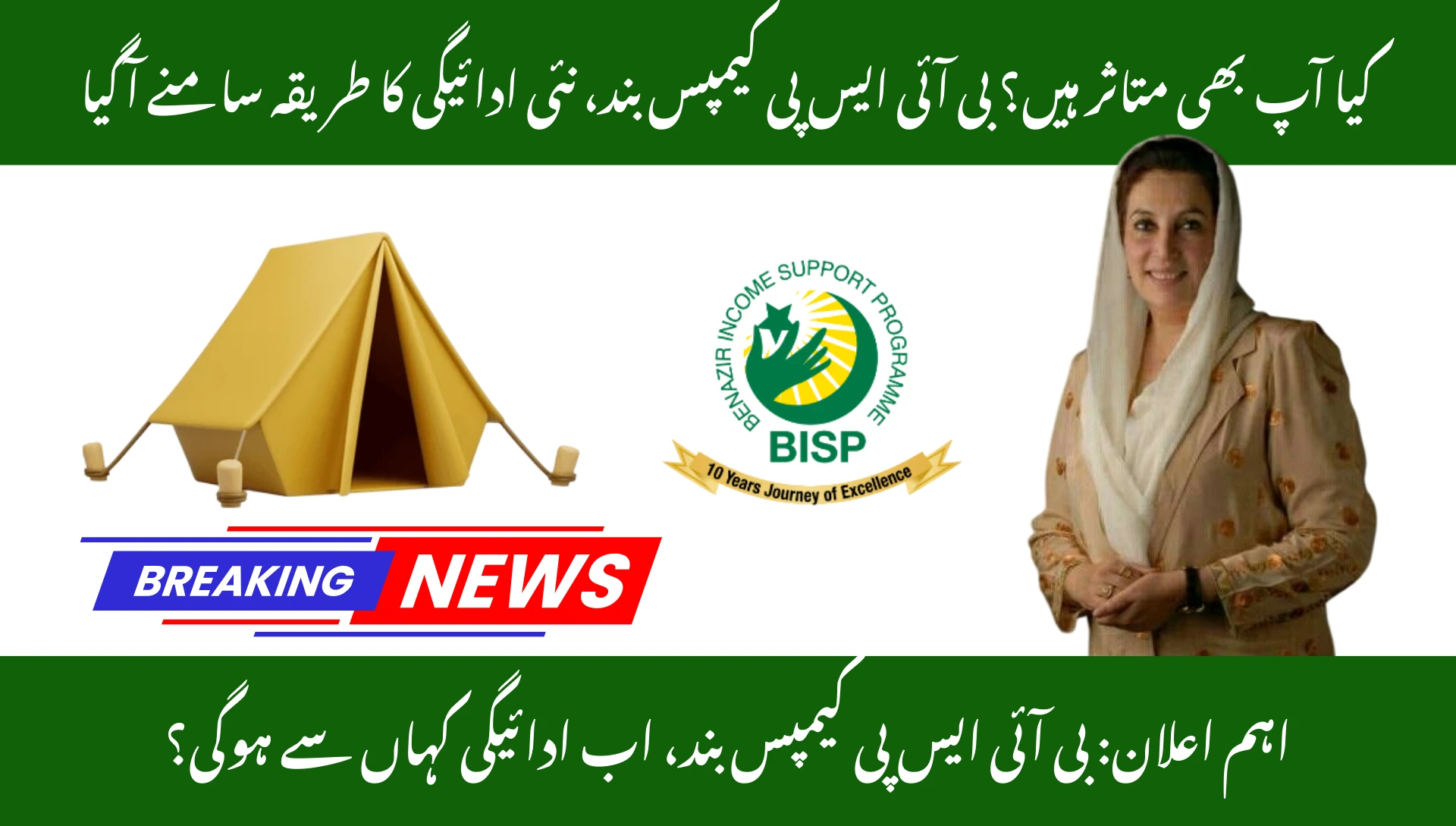BISP & Sindh Health Ministry Collaborate on Child Nutrition. In a major move to strengthen healthcare delivery in Pakistan, BISP Chairperson Senator Rubina Khalid and Sindh Health Minister Dr. Azra Fazal Pechuho have agreed to integrate the Benazir Nashonuma Programme with Sindh’s provincial health initiatives. This collaboration marks a new chapter in Pakistan’s social protection and health systems, focusing on maternal health, child nutrition, and disease prevention in underserved communities.
Benazir Nashonuma Programme Integration with Sindh Health Services
The Benazir Nashonuma Programme was launched under the Benazir Income Support Programme (BISP) to improve health and nutrition outcomes for mothers and children. By merging it with Sindh’s health services, both federal and provincial authorities aim to avoid duplication, share resources, and ensure that pregnant women, lactating mothers, and children under two years old receive consistent and quality care.
This integration reflects the government’s commitment to long-term health reforms that directly benefit poor and vulnerable households.
Working Together for Better Health Outcomes
At the high-level meeting, both leaders emphasized synergy and shared responsibility. The collaboration will focus on:
- Reducing anemia among pregnant and lactating women.
- Expanding access to iron, folic acid, and micronutrient supplements.
- Improving awareness through population counseling services.
- Supporting child growth by promoting balanced nutrition and breastfeeding.
Such combined efforts are expected to reduce maternal deaths, fight malnutrition, and improve child survival rates across Sindh.
Support from Development Partners
The integration also gained momentum with international development partners. During the meeting, Dr. Asim Ijaz, DG CCT/NSER at BISP, highlighted support from the Bill & Melinda Gates Foundation, which is backing new initiatives for maternal and child health.
This partnership will complement the Benazir Nashonuma Programme’s existing efforts, ensuring that health reforms are data-driven, well-funded, and sustainable.
Voices of Leadership: Public Health Commitment
Senator Rubina Khalid’s Vision
Senator Rubina Khalid stressed the importance of cooperation between federal and provincial governments. She explained how the Benazir Nashonuma Programme has already made an impact by offering conditional cash transfers and nutrition support. By working together, duplication of services can be avoided, and healthcare outreach in remote areas can be expanded.
Dr. Azra Pechuho’s Dedication
Dr. Azra Fazal Pechuho reiterated Sindh’s strong commitment to maternal and child health. She underlined the urgency of reaching rural and underserved areas, where health services are limited. She also emphasized public-private partnerships to bring in advanced medical resources and technologies.
Leveraging Social Protection and Health Systems
The BISP network is one of the largest social protection systems in Pakistan, reaching millions of women. Sindh, on the other hand, has an extensive healthcare delivery system with hospitals, clinics, and community health workers.
By integrating both systems, the collaboration ensures:
- Better service delivery through joint planning.
- Wider outreach to marginalized communities.
- Efficient use of resources by aligning health and social protection.
- Data sharing for effective monitoring and evaluation.
This multi-sectoral approach can help Pakistan achieve better health outcomes at a faster pace.
Public-Private Synergy: The Way Forward
Both Senator Rubina Khalid and Dr. Azra Pechuho agreed that government initiatives alone cannot address the complex health challenges. To fill the gaps, private healthcare providers, NGOs, and donor agencies must also play a role.
Private sector involvement can bring:
- New technologies for health monitoring.
- Efficient supply chains for nutritional supplements.
- Awareness campaigns to improve healthcare behavior.
- Mobile health services to reach remote areas.
This partnership is expected to pave the way for a sustainable, inclusive, and modern healthcare system in Sindh.
Conclusion
The collaboration between BISP CP Rubina Khalid and Sindh HM Dr. Azra Pechuho marks a historic step towards improving maternal and child health in Pakistan. By integrating the Benazir Nashonuma Programme with Sindh’s provincial health services, the government is building a strong, united front against malnutrition, anemia, and poor health outcomes.
With the support of international partners and private organizations, this initiative can bring lasting change to the lives of women and children, ensuring that Pakistan moves closer to achieving its public health and social protection goals.

